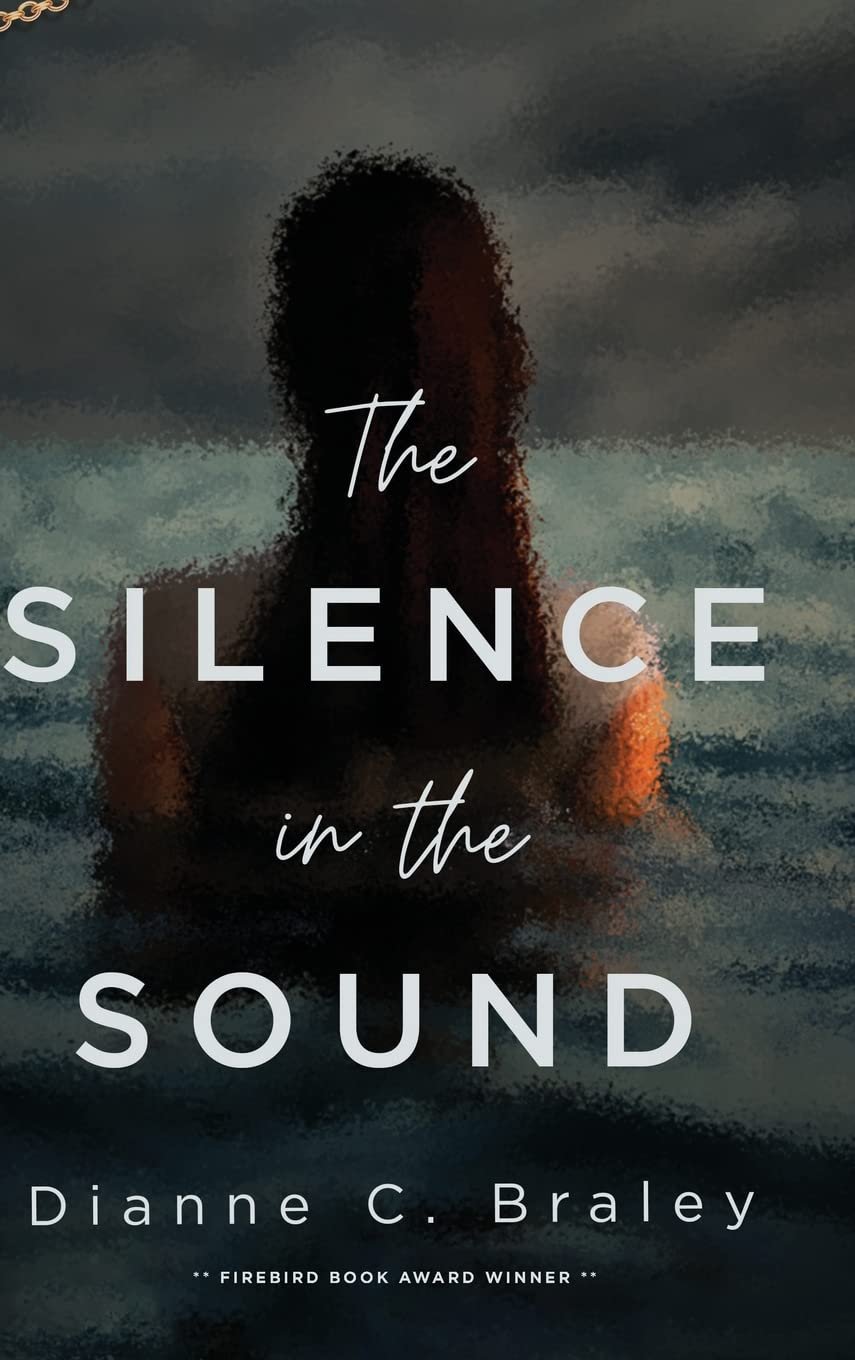It’s time for a new interview series… like NOW. No really, actually it’s called NOW (Newly Omniscient Authors). This blog has been publishing since 2011, and some of the earlier posts feel too hopeful dated. To honor the relaunch of the site, I thought I’d invite some of my past guests to read and ruminate on their answers to questions from oh-so-long-ago to see what’s changed between then and now.
Today’s guest for the NOW is Danielle Jackson, the author of The Accidental Pinup which is the story of rival photographers who are forced to collaborate on a body-positive lingerie campaign, but they might have to readjust their focus when sparks fly.
Has how you think (and talk) about writing and publishing changed, further into your career?
I think there are so many opportunities for different authors to showcase their storytelling. When I first started working in publishing (way back in 2008), there was an ongoing conversation about “discoverability”—how do readers find books? How do they find their auto-buy authors? With the advent and importance of social media, readers can find exactly what they want to read at any given moment. They can find authors who share their core values and speak directly to their id, and books what can scratch any reading itch.
Let’s about the balance between the creative versus the business side of the industry. Do you think of yourself as an artiste or are you analyzing every aspect of your story for marketability? Has that changed from your early perspective?
I have been lucky in that I’ve worked with books from almost every angle possible—I was an English major, I worked as a publicist at a publisher, I was the editorial manager for a review website, and I’m the events coordinator at an independent bookstore. So on the one hand, I’ve known what to expect throughout the journey to my debut release. On the other hand, I definitely have had to compartmentalize what I know—including what can go wrong!—but I also know that so much is out of my control once my book is available to the general public. And that is mostly what I keep in mind when I’m close to spiraling over some setback and negative review. It's mostly about balance, but I’m human! I still get upset over the little things. And I relate to the authors I used to work with way more, on a different level.
The bloom is off the rose… what’s faded for you, this far out from debut?
So, The Accidental Pinup is actually my debut novel! But I’ve been a part of publishing for over a decade, and like I mentioned earlier, having worked on so many sides of the publishing process and book business, I have a unique sense of what has changed over the years. Considering when I first started working in publishing I was writing but not necessarily with the intent to be published and now I have a book available, there’s been a change in how I look at the things we all go through as authors. There’s a lot going on behind the scenes that readers don’t know about, and until they are in the midst of publishing, many authors don’t know about as well. I wouldn’t say things have faded per se, but my perspective has continued to evolve, and I take everything in stride and I try to think about things from a variety of sides before making decisions that could impact my career as an author.
Likewise, is there anything you’ve grown to love (or at least accept) that you never thought you would?
I love the comradery among authors—especially among romance authors! The citizens of Romancelandia are so special and I’m glad to be a part of it.
And lastly, what did getting published mean for you and how was it changed (or not changed!) your life?
Getting published is a dream come true! For as long as I can remember, I’ve loved books. I remember being read to when I was little, and I remember staying up all night to finish any number of unputdownable books over the years. To think that someone may feel this way while reading my book is amazing, and I hope I can bring readers the joy I’ve felt as someone who not only loves to read, but also loves sharing books with other people through my “day job.” I have such appreciation for the people who have helped me get to this point along the way and I cannot wait to see what is next.
Danielle Jackson is a contemporary romance author, avid reader, lackluster-yet-mighty crafter, and accomplished TV binge-watcher. Once upon a time, she was a publicist in publishing and continues to cultivate her love of books and reading by chatting with the best authors in the business as an event coordinator at an independent bookstore and as the co-host of the Fresh Fiction podcast. She also moderates panels, interviews authors, and hosts a romance book club. Danielle lives in Chicagoland with her very own romance hero husband, darling daughter, and two tempestuous cats. For more information, visit https://daniellejacksonbooks.com/ and follow her on Twitter and Instagram, @DJacksonBooks.






